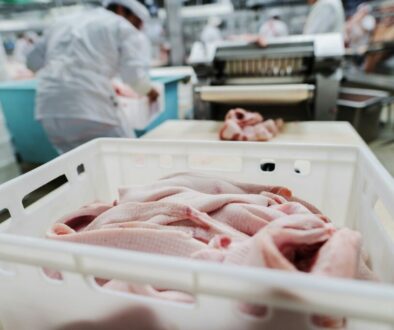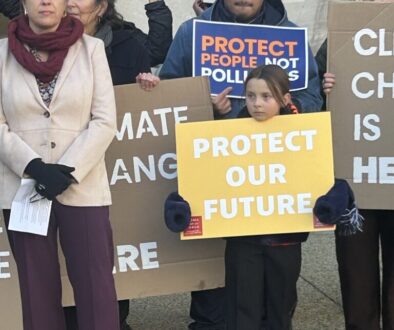Governor vetoes California bill to ban PFAS in cookware
Listen to the audio version of this article (generated by AI).
California Gov. Gavin Newsom has vetoed a bill that would have banned the sale of cookware made with controversial PFAS chemicals, as well as the sale of cleaning products, dental floss, food packaging and other products containing the chemicals.
Monday’s veto follows fierce debate over the bill, which passed both legislative chambers last month, and would have set the PFAS-containing nonstick cookware ban to take effect in 2030 with the ban on the other products taking effect in 2028.
Per- and polyfluoroalkyl substances (PFAS) are a class of thousands of “forever chemicals” that persist in the environment and in the bodies of humans and animals. Some PFAS have been linked to a range of health problems including certain cancers.
Nonstick cookware is often coated with polytetrafluoroethylene (PTFE), a fluoropolymer also called Teflon and one of thousands of chemicals that belong to the PFAS class of chemicals.
California has already banned intentionally added PFAS in a range of consumer goods, including cosmetics, carpet and clothing. And several other states, including Minnesota, Colorado, Maine and Connecticut have passed bills set to ban PFAS in cookware, with Minnesota’s taking effect earlier this year.
But the effort to ban PFAS in cookware in California, a state with the world’s fourth-largest economy, garnered strong opposition from cookware industry leaders, who argued that PTFE is safe, and warned that the bill would be a blow to the state’s food service industry. Several celebrity chefs also argued against the law.
In a statement announcing the veto, Gov. Newsom said that while he appreciates the “efforts to protect the health and safety of consumers,” he is “deeply concerned about the impact this bill would have on the availability of affordable options in cooking products.”
Industry supporters applauded the governor’s move.
“The Cookware Sustainability Alliance (CSA) is grateful to Governor Newsom for his concern about the impact this bill would have had on the availability of affordable options in cooking products for millions of Californians,” said Steve Burns, president of the organization, which has been actively opposing proposed bans on PFAS in cookware across the US.
CSA launched last year as a partnership between four major cookware companies, including the Meyer Corporation, which has a long-standing partnership with celebrity chef and television host Rachael Ray.
Groups that had advocated for the ban expressed disappointment at the veto.
“Sadly, the governor’s veto means several sources of PFAS will continue to contaminate our drinking water. It also means we need to continue to call on state leaders to put our health and safety first,” Jenn Engstrom, state director of the nonprofit California Public Interest Research Group, said in a statement.
Backers of the ban have pointed to the decades-long legacy of pollution in vulnerable communities where Teflon is made and flagged recent research that found a “severe reduction” in sperm count in a cohort of men in China exposed to the chemical.
They also argue that cookware and other products with intentionally added PFAS add to the cost of treating PFAS-tainted water and wastewater.
While the California legislature can attempt to override the governor’s veto, the state’s legislature has not successfully done so since 1979.
(Featured photo by Curated Lifestyle for Unsplash+.)




